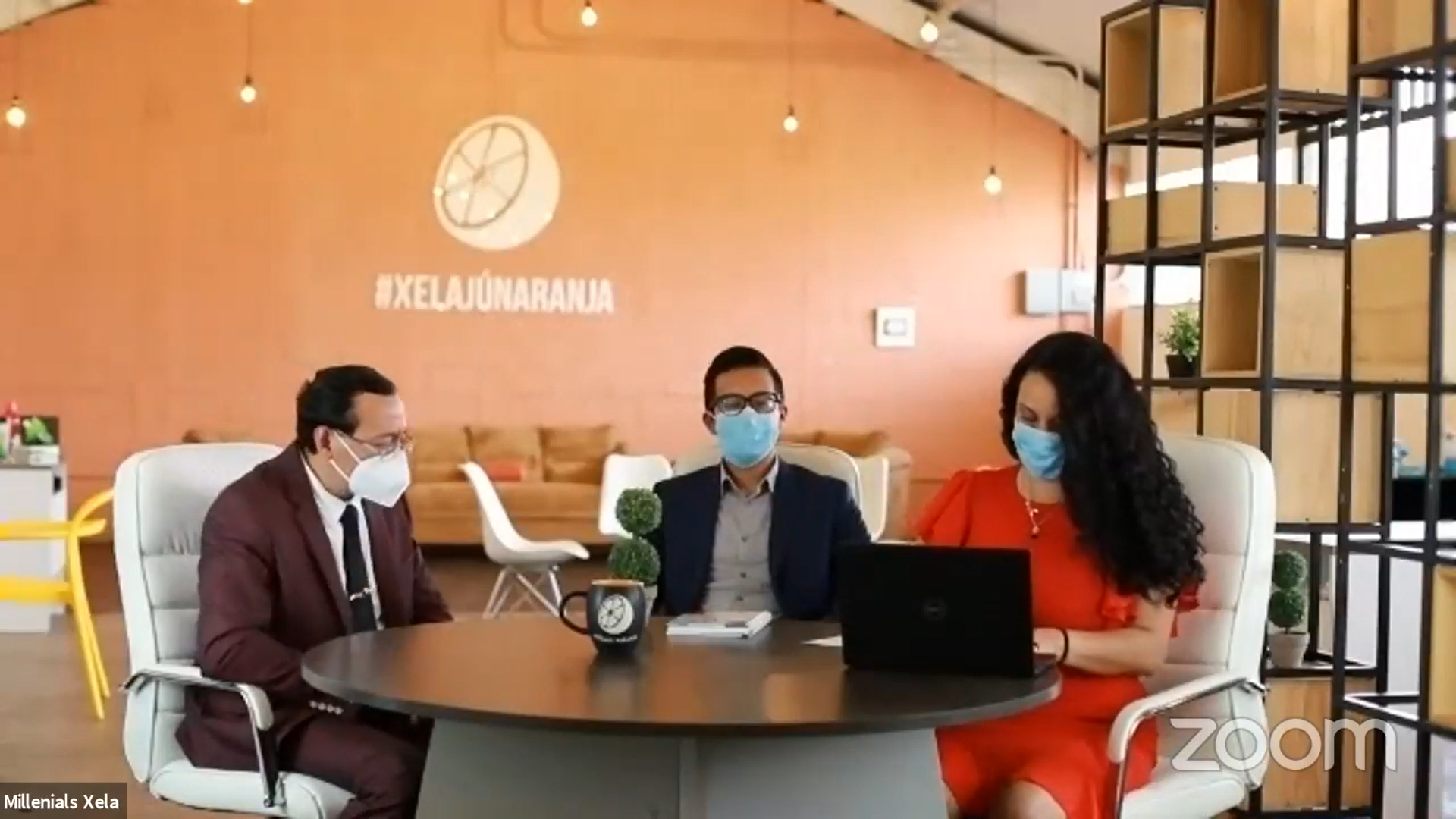
As countries around the world continue to grapple with COVID-19, we need creative solutions for getting through the crisis and preparing for the reemergence of a post-pandemic economy. Many states are anxious to return to normalcy as they wait for the public health crisis to wane. However, given the trajectory of recent months, the new normal that awaits is unlikely to mirror pre-COVID life. Navigating these uncertain times has and will continue to require flexibility and creativity to adapt and reinvent the recovery from COVID-19.
The creative sector, otherwise known as the Orange Economy, is no exception to the pandemic’s damage. With measures of social distancing and quarantines, the consumption of creative goods has changed; simultaneously consumers wary of the economic future reduce spending beyond essential needs but also have heightened interest in entertainment and distraction while confined to their homes.
Given this situation, CIPE-supported Xelajú Naranja, or Orange Quetzaltenango – a program supporting orange economy entrepreneurs in rural Guatemala – organized a two-day virtual forum at the end of June with 20 speakers discussing the challenges, strategies, and opportunities that the orange economy faces. Among the speakers’ remarks were recurring themes that highlighted the resilience and ingenuity of entrepreneurs in the orange economy and how the creative sector in Guatemala can serve as a leader, bringing forth the innovations that will define the “new normal.”
Reflection for reinvention
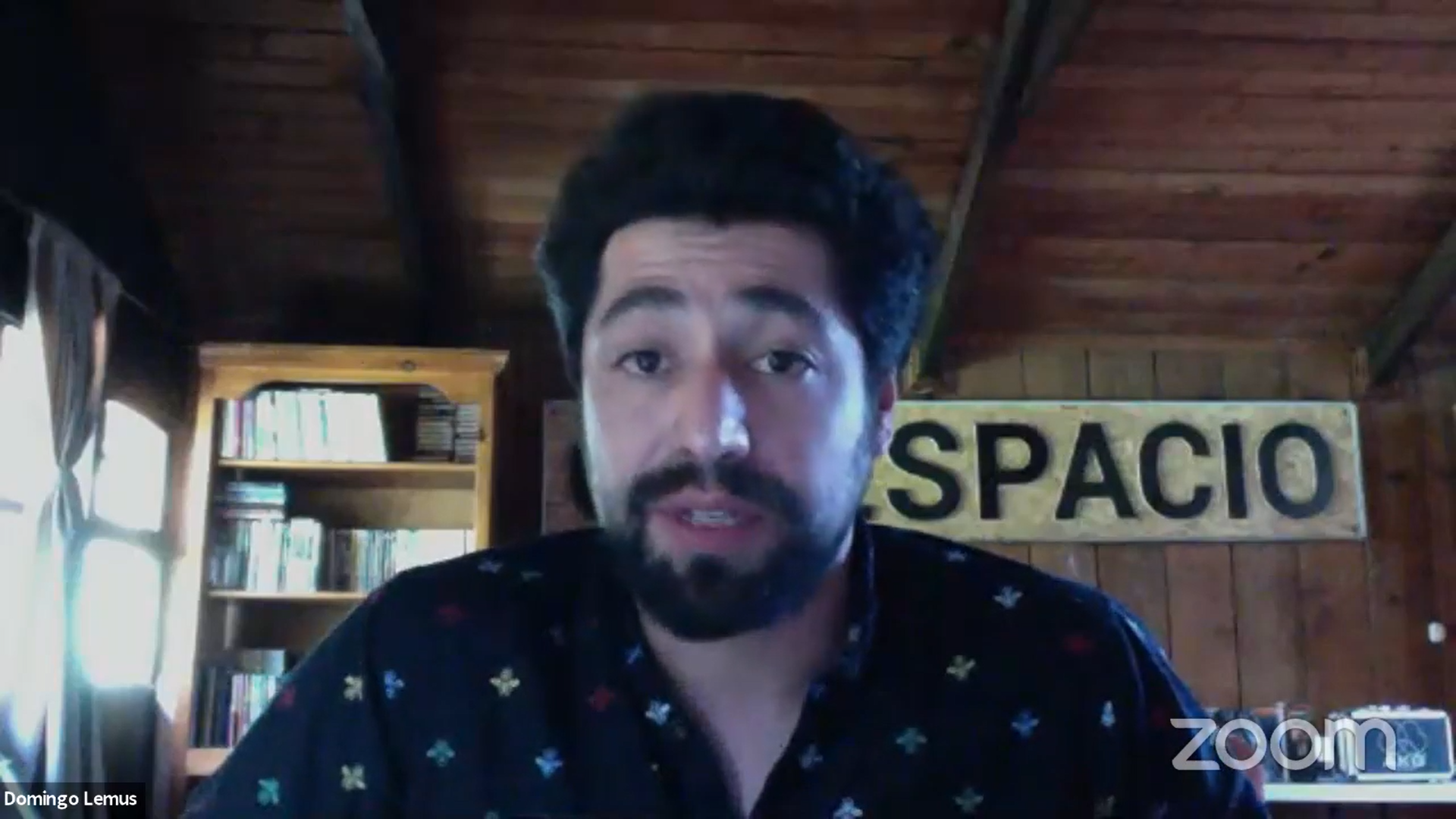
Domingo Lemus, a Guatemalan actor and co-leader of CINESPACIO – a Latin American film festival held in Quetzaltenango – gave as an example, how Walt Disney started his business amid the Great Depression as American audiences sought distraction from the grim reality of the day. From his perspective, in times of uncertainty and anxiety, those with creative ways to adapt can meet the demands of the day. The social isolation brought by COVID-19 has created opportunities for the creative industry; now that society has limited movement, those who can provide creative goods to fill the void in the routines of society are poised to expand their reach and build their business.
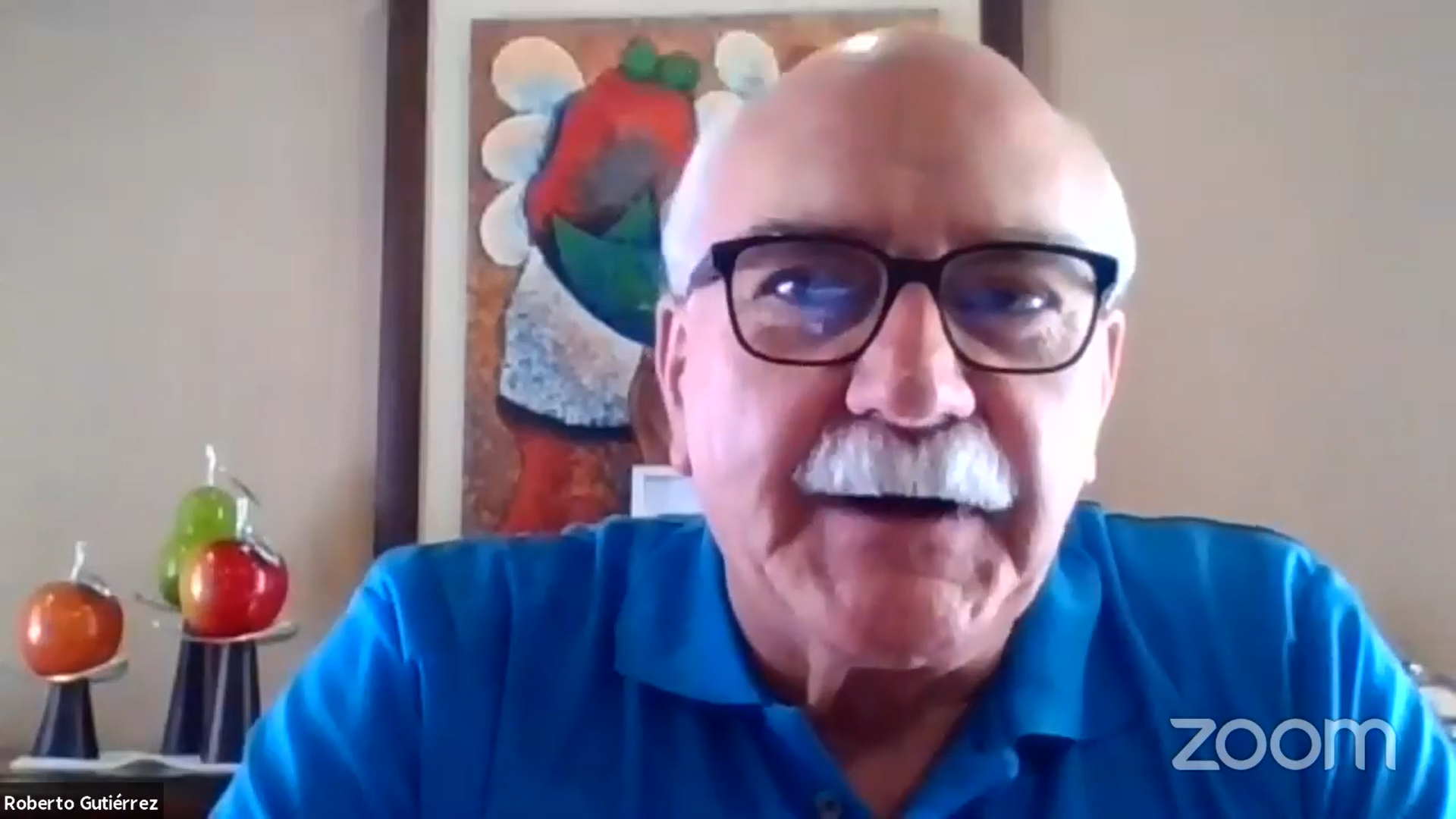
Reducing the stress and desperation associated with being in isolation is a challenge for everyone, but the stillness of life in quarantine can create space for reflection. Roberto Gutierrez, a leader of the private sector in the Guatemalan interior and founder of the National Network of Managers’ Groups, urged those who work with creative skills to use this time to reflect on their role in navigating challenges and explore new ways to move their businesses forward. This moment allows for a reexamination of their craft and how it can further benefit audiences and themselves. The impact of COVID-19 on international tourism, which bolsters creative sector consumption, is expected to be long-lasting. When the economy reopens with limited international visitors, the Orange Economy will be positioned to lead the re-localization of economic activity. Strategizing now on how to build ties with local consumers can not only lead to economic recovery but commerce that strengthens the socioeconomic fabric of Guatemala.
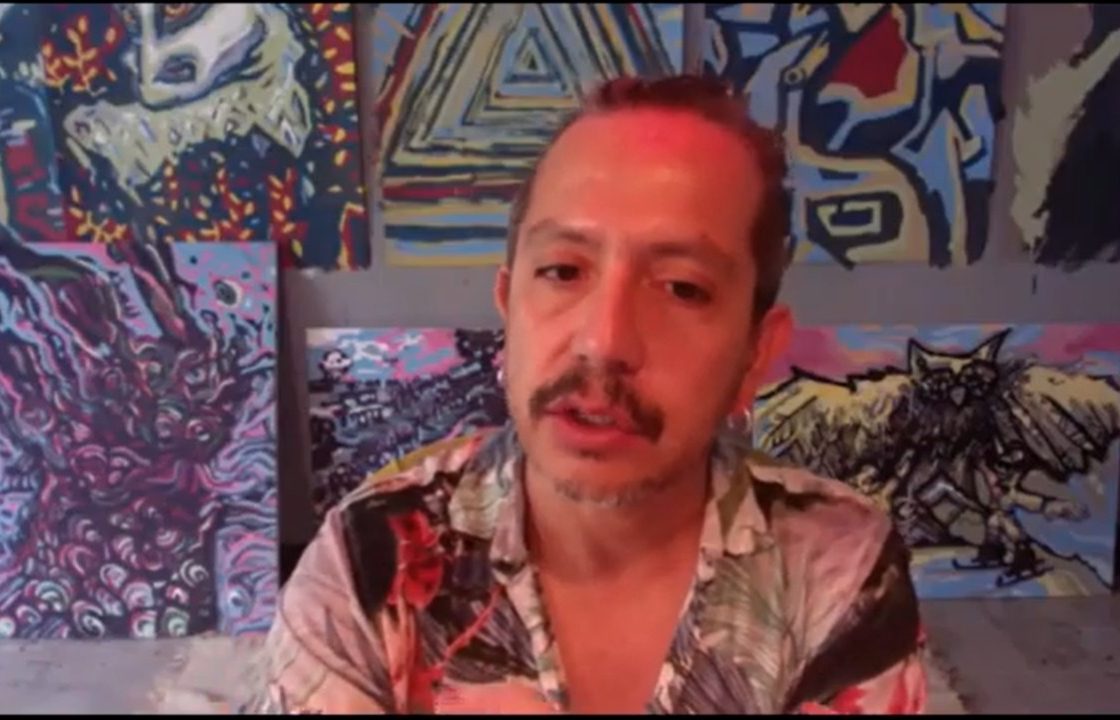
Javier del Cid, director of the Imaginatorio Cooperative, urged those who produce creative goods (art, design, food, theatre, music, apps) to reimagine what purpose those goods serve and in what ways their creative skills can be made productive to create social and economic impact.
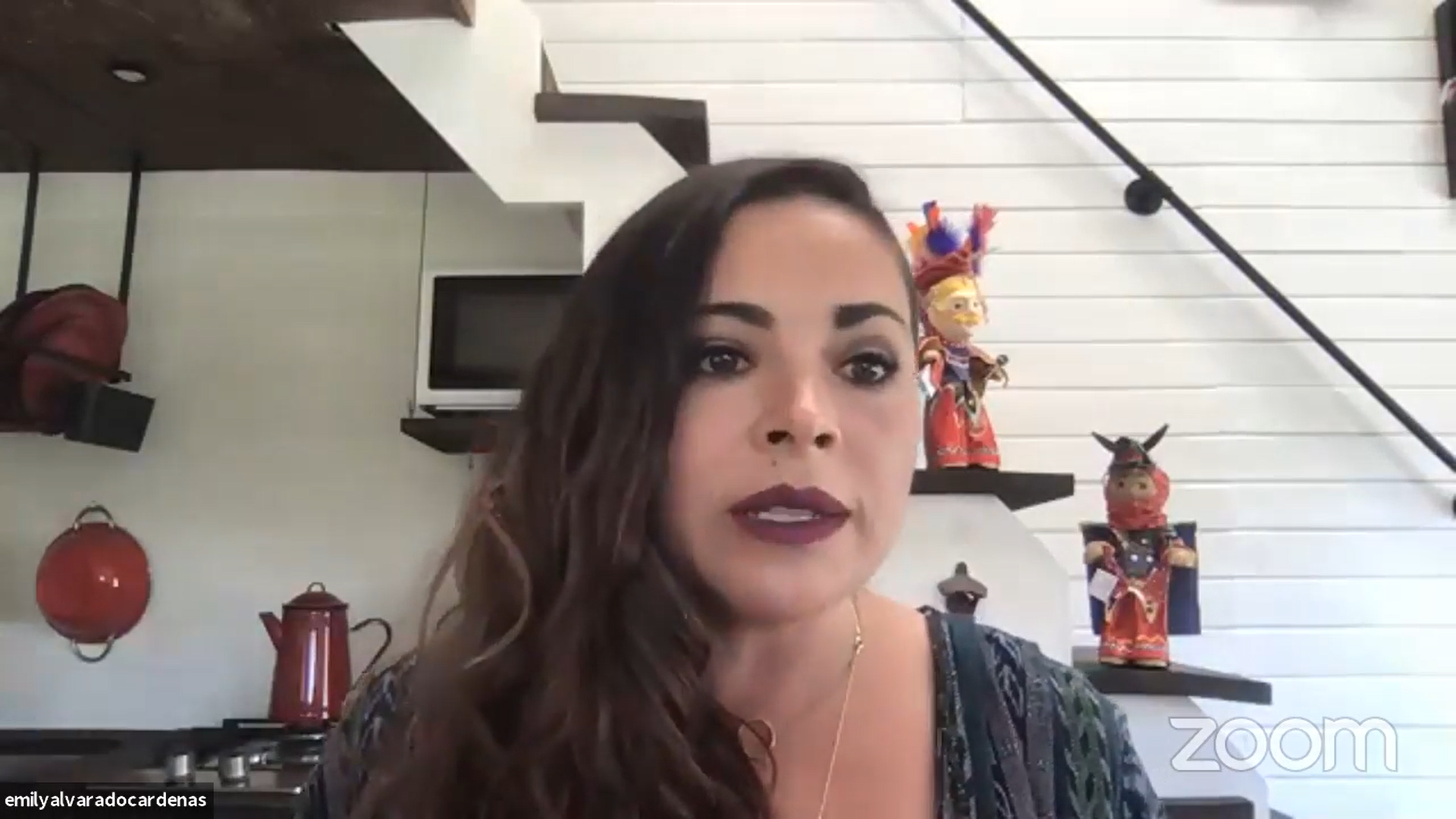
Emily Alvarado Cardenas, whose family business produced dolls utilizing indigenous artisanship, realized that the demand for her product decreased but that the skills in producing high-quality fabric goods could produce face masks, creating a new product to meet the pandemic market. By adapting their product, they hope to expand their consumer base to weather COVID-19 and be in a stronger position when spending habits return to normalcy.
The importance of networks in creating collective effort
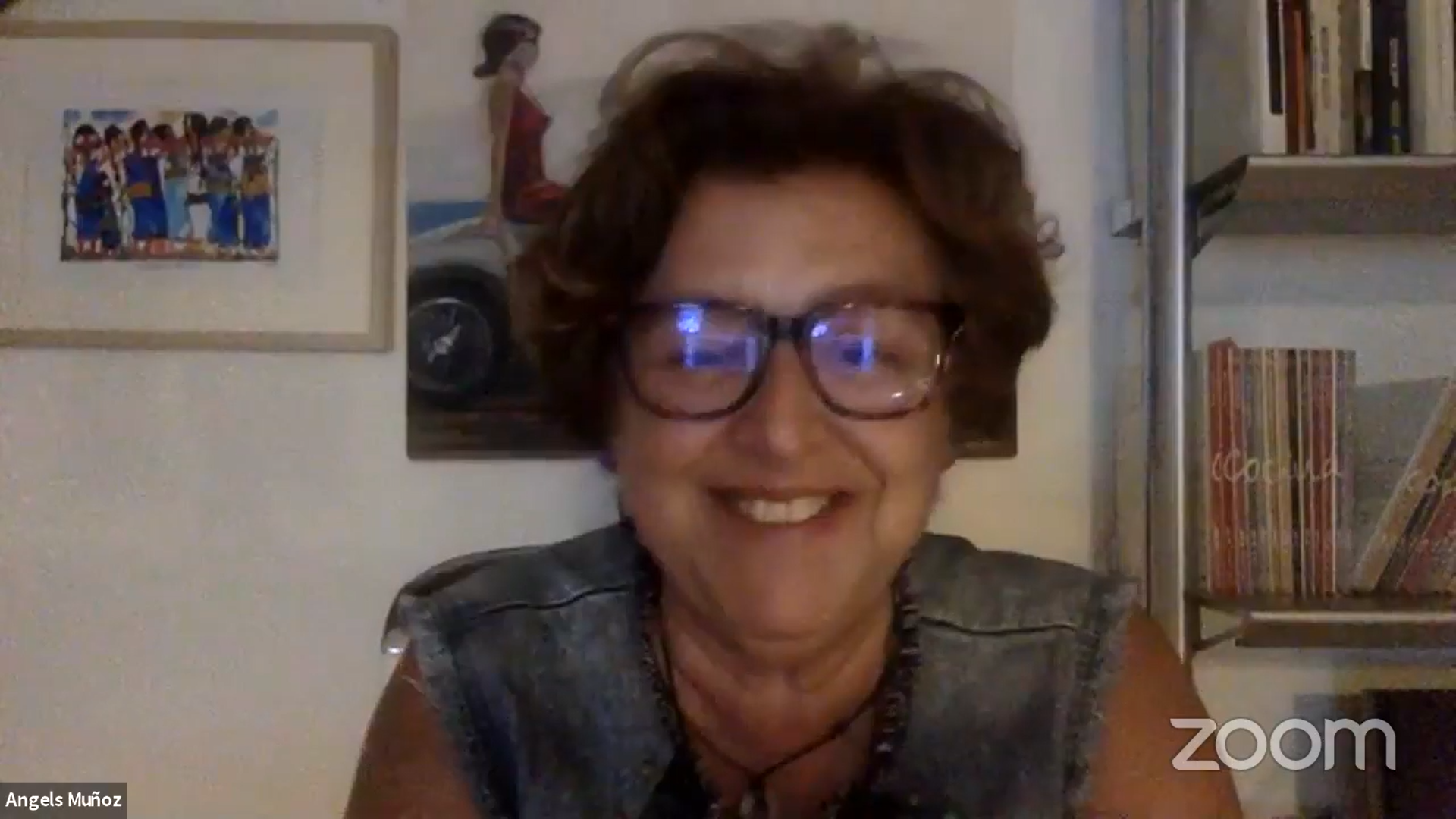
The forum’s speakers emphasized the need for artists and entrepreneurs to work together and seek out support as they navigate uncertain times. Angeles Muñoz, PhD in social psychology, mentioned the Medici effect – or the significance of bringing together different forms of expertise and combining modalities of knowledge – to increase the value of creative work. Instead of working in isolation, actors in the creative economy can and need to learn from each other to develop strategies for continuing their craft and building their businesses.
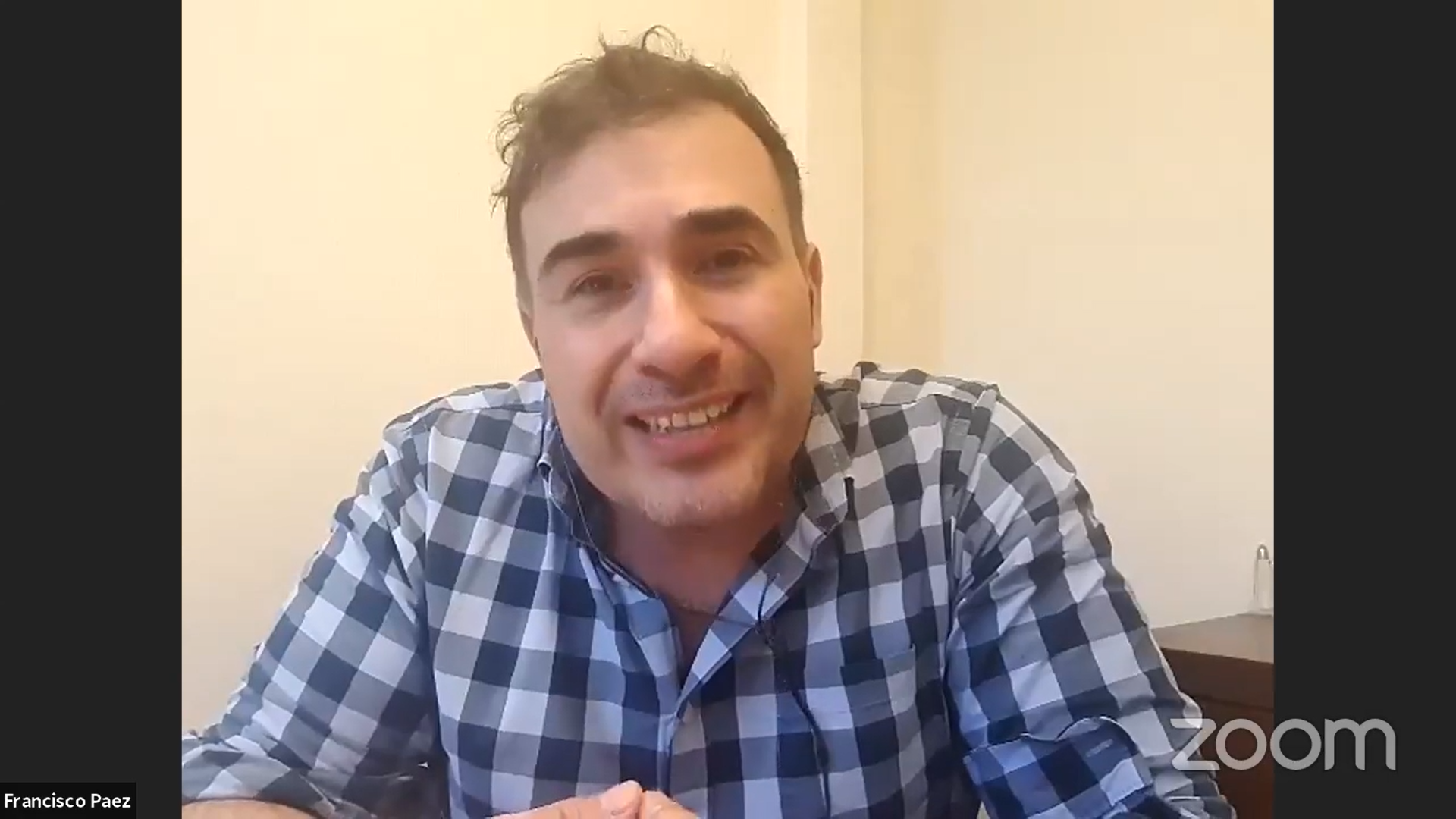
It is important to note, the Orange Economy comprises not just artists of different genres and media but anyone who employs creativity to design and build; from architecture and web design to creative services like marketing and event management. In this way the ecosystem of the Orange Economy is vast and strengthening its interconnectivity is crucial for the success of each component. By combining knowhow, individuals and businesses can support one another in strengthening the sector.
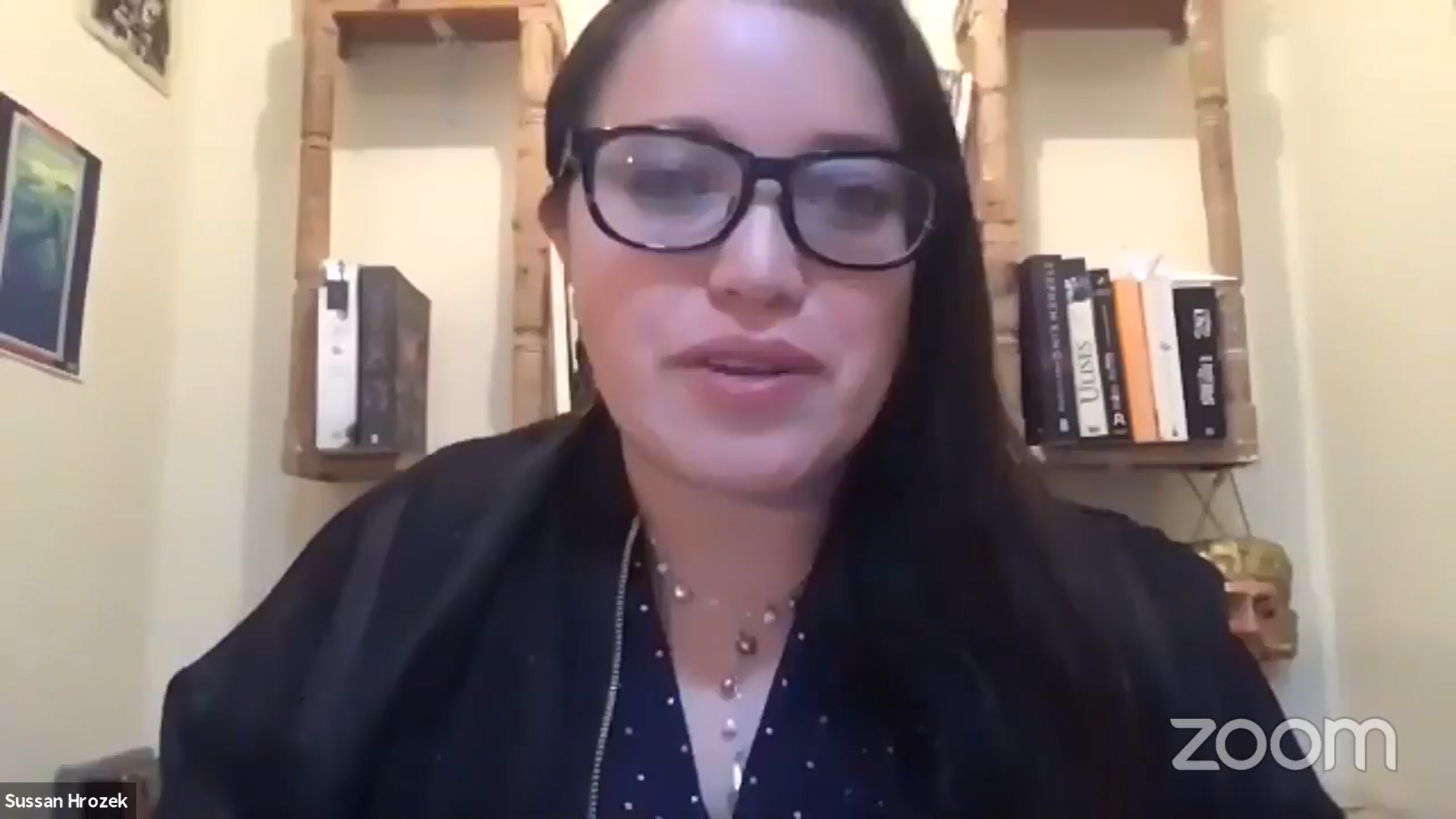
Francisco Paez, a renowned singer/songwriter, spoke about leveraging connections; musicians often need the assistance of digital technology experts as well as publicity and marketing services for reaching audiences in the new digital domain. While isolation efforts may be necessary; now more than ever people must think outwardly to form connections and use this time to collaborate.
Susan Hrozek, international programs director of Juntos Collective, shared this view adding that the necessary expertise can be found among the emerging Orange Economy; by seeking out and supporting local knowledge, those in the sector can augment creative networks.
Adapting technology and knowledge
For Guatemalan artists to be competitive in the new reality, adapting to digital spaces is critical. While some in the creative sector may be hopeful for a faster return to in-person events and are wary of the digital shift; the speakers emphasized the need to embrace technology to survive the present crisis and look forward.

For performance artists, there can be a reluctance to see virtual demonstrations as a way forward that could upend their traditional art. Giancarlo Bolañoz, a magician with a career including international performances, argues that it doesn’t have to be this way. In his experience, virtual performances serve a different purpose and can function as a complimentary service creative business can add to their portfolio. Rather than an either/or relationship with technology, artists can rely on the virtual for now and when social gatherings return, continue to offer both to reach more consumers. Javier del Cid reiterated the significance of being creative with technology not just to market oneself but as an income strategy.
Navigating the hardship of COVID-19 can foster innovation; through these challenging times of isolation, virtual collaboration can lead to new ways forward. Guatemala’s rich multiplicity of cultures provides an incredible foundation for the Orange Economy, being able to tap into the sector can not only generate economic activity but with a focus on local commerce, strengthen bonds among citizens across the urban and rural areas to engage in democratic exchange. Xelajú Naranja’s forum brought these speakers together as a critical step in fostering the connections and generating momentum for the creative sector, in hopes of a more resilient future.
Video recordings of the forum can be found on Xelajú Naranja’s Facebook page: https://facebook.com/xelajunaranja.
Published Date: July 23, 2020